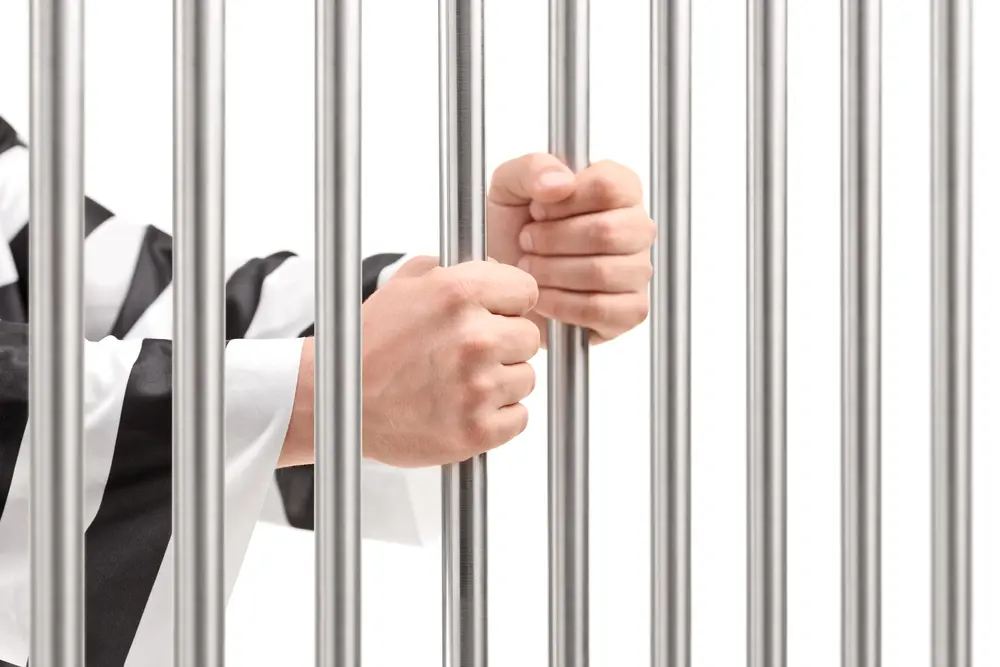The travel industry is infatuated with the word “free,” and face it, so are travelers. Don’t believe me? Then feel free to ask anyone who has taken advantage of a “free” offer and regretted it.
From “free” tickets to “free” checked bags to “kids eat free” deals, the travel business is littered with deals that appear gratis. But read the fine print and you’ll find almost nothing is free. Maybe it’s time to delete the word “free” from our vocabulary.
Mary Orr checked into a small independent hotel in Los Gatos, Calif., that offered “free” wireless Internet. Turns out “free” meant a basic, slower Internet connection. “I logged on (and) was prompted to upgrade to premium Wi-Fi at an additional charge,” says Orr, a physical therapy assistant from Berryville, Va.
The hotel had included the cost of Wi-Fi in her room but gave her a sluggish connection and tried to upsell her every time she logged on. That didn’t seem “free” to her.
Experts on business ethics say “free” offers are on the rise in the travel industry, a place where simply uttering the word “free” can make customers salivate like one of Pavlov’s pups. “But finding something that’s truly free is unusual,” says Chip Bell, an Atlanta-based customer loyalty consultant and author of The 9 1/2 Principles of Innovative Service. (Here’s our ultimate guide to loyalty programs.)
Bell identifies three types of “free”
True free. Something you get with absolutely no preconditions. The blueberry muffin samples at the airport Starbucks are actually free, because you can walk into the store, take the baked good, and leave.
Free with purchase. For example, the drink voucher the Four Points by Sheraton Manhattan that Chelsea handed me when I checked in a few days ago was a type of free. “It’s meant to build affinity with a customer,” Bell says — but only a paying customer.
Free with strings. That’s something you have to spend more money for in order to get. Bell just saw one from an airline, which he says offered 30,000 “free” miles if he signed up for a credit card. Among other things, it promised him a “free” checked bag on flights. “It’s clearly a game,” he says, because strings are attached. “To me, that’s a type of ‘free’ that’s unethical.”
The first two “frees” might appease Bell and others. The third? Not so much. “The bait-and-switch gets us into trouble,” says Wendy Patrick, a San Diego-based business ethics consultant.
Perhaps not coincidentally, that’s also where you’ll find most of the new “free” offers.
Hidden costs
Todd Morse, a musician based in Los Angeles, checked into an “all-inclusive” resort in Hungary where the buffet lunch was “free.” The servers were unusually attentive, filling his glass with soda frequently. “Turns out the food was free, but they charge for every beverage poured,” he says. “We ended up with a 40 euro charge on my room.”
One of the most irritating misuses of the word “free” involves airlines, particularly loyalty programs. Airlines and their logic-impaired apologists love to refer to award tickets as “free,” but over the long term they may be more expensive than paying for a ticket with real money.
Of course there’s no such thing as a “free” ticket. Either you’ll fly many miles with one airline or spend lots of money with one of those co-branded credit cards, only to discover that you still owe taxes and various fees for your award ticket. And don’t even think about changing your itinerary, because the fee could cost as much as you just paid.
Airline wins. Credit card wins. You lose
If you want something truly free, pay close attention to the fine print below the offer. No, your bags don’t fly “free.” The credit card offering that benefit has already made its money from annual fees and interest, thanks very much. In some cases, the airline simply raised its fares to cover the cost of the “free” bags.
And no, your kids don’t eat “free” at your favorite hotel unless you’re a paying guest and order an entree as well. Wi-Fi isn’t “free” at your hotel, it’s just included in the price, and often it’s sometimes just bait to persuade you to sign up for the pricier “premium” wireless connection.
Should the government ban the use of the word “free”? Yeah, that’d be nice. But meanwhile, take some free advice from this consumer advocate: If you see the word “free,” grab your wallet — unless you’re eying one of those tasty blueberry muffin samples.
IS IT REALLY FREE?
What does the fine print say? If you see a little star below the offer, chances are there are strings attached. It’s not really free.
Does anyone qualify? If you have to be a member of a club or a paying customer, then the amenity isn’t technically free — it’s included in your membership. It may still be a good deal, but it isn’t free.
What’s required of you? If the answer is “nothing,” then you might have the real deal. If sitting through a timeshare presentation or offering personal data is required, then it’s not really “free,” is it?




